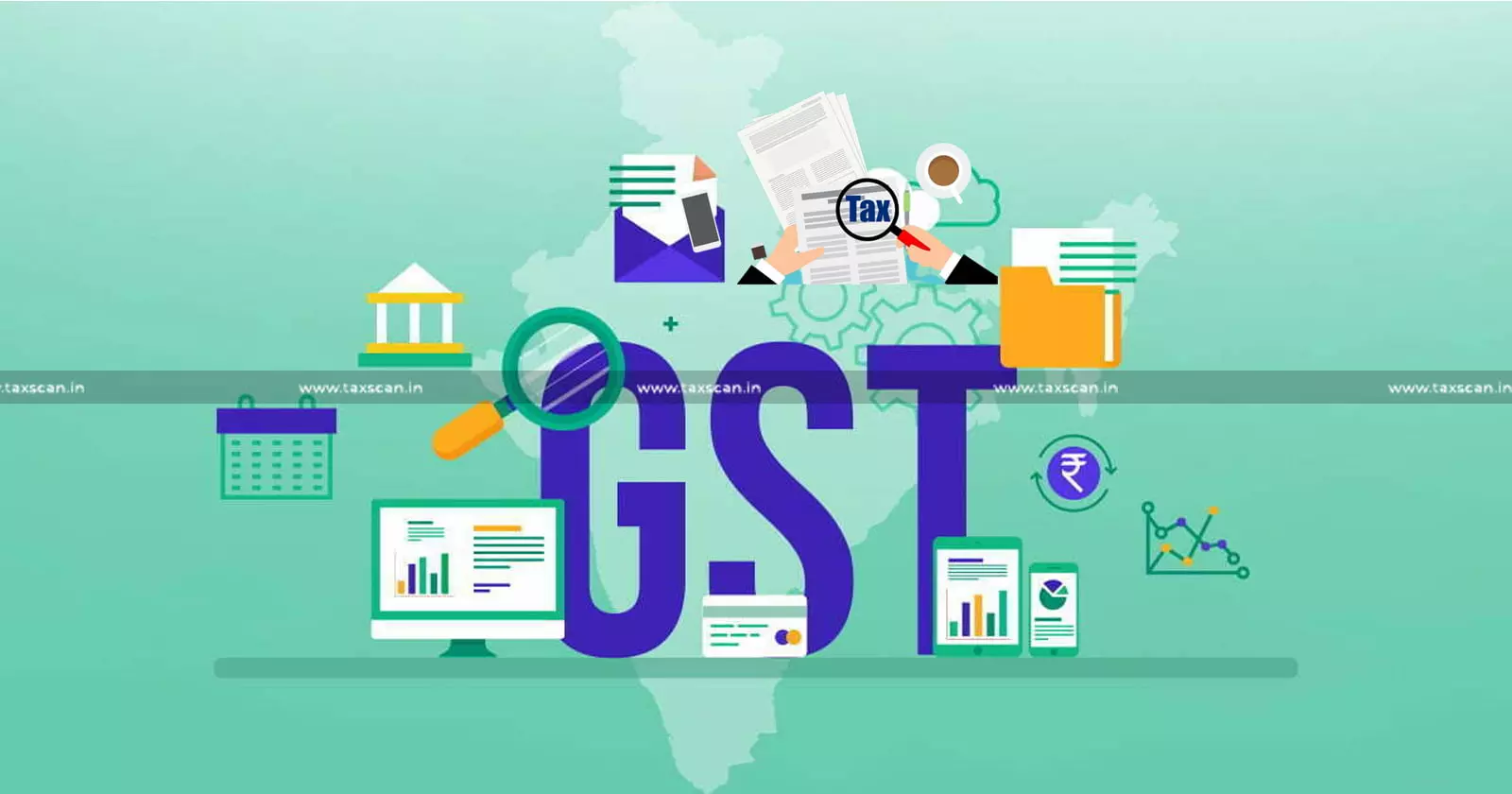GST on Walking? PwD Activist Appeals for Exemption of Disability Aids Ahead of September Council Meeting
Disability rights activist urges the GST Council to zero-rate essential mobility aids and assistive devices, highlighting that the current 5% GST acts as a ‘tax on walking’.

Disability rights activist and Founder of the Nipman Foundation, Nipun Malhotra, has issued a powerful appeal to Union Finance Minister Nirmala Sitharaman and the GST Council, urging the removal of the 5 percent Goods and Services Tax (GST) on essential mobility aids or assistive devices.
He equates the current tax to “a tax on walking” and calls for devices such as wheelchairs, hearing aids and Braille equipment to be designated zero-rated during the upcoming reforms that are slated to happen during the GST council meeting scheduled for 3–4 September 2025.
On his social media handle, Malhotra underscored the absurdity of the existing policy,
“Imagine paying GST on walking! That is exactly what I am forced to do, when I pay GST for my wheelchair without which I cannot move.”
https://x.com/nipunmalhotra/status/1961035383120257231
Malhotra highlighted that the existing 5 percent GST discourages accessibility and also weakens the dignity, mobility, and inclusion of Persons with Disabilities (PwDs). He criticized the logic that manufacturers benefit from input tax credits (ITC), noting the actual burden falls on end users.
India’s disability challenge is significant, while the 2011 Census recorded 26.8 million PwDs, global estimates by the World Health Organization (WHO) suggest nearly 16% of the population lives with some form of disability. Yet, access to affordable assistive technologies remains limited, with a large part of the demand unmet. Therefore, the appeal is crucial to ensure these assistive devices are affordable and accessible to those who need them most across the country.
This is not Malhotra’s first attempt to seek reform. Back in 2017, he had filed a writ petition before the Supreme Court (W.P. (Civil) No. 725/2017) challenging the levy of GST on disability aids. While the case is still pending, his current appeal to the Council underscores the urgency of addressing the issue through policy reform rather than prolonged litigation.
Drawing comparisons with countries such as Australia and Canada, which offer zero-rate disability aids, Malhotra argued that India must adopt a similar approach. “Zero-rating allows suppliers to claim ITC while fully removing the burden from PwDs,” he explained.
Also Read: 5% GST on Assistive Devices and Rehabilitation Aids for Physically Challenged Persons
He welcomed the government’s recent move to exempt health and life insurance premiums from GST, viewing it as a positive precedent. Malhotra also pointed to the Accessible India Campaign and Prime Minister Narendra Modi’s Independence Day address, which highlighted the inclusion and empowerment of every citizen, sharply contrasting with the existing tax burden on disability aids.
Legal and policy experts have long argued that taxing disability aids infringes on fundamental rights under Articles 14, 15, 19, and 21 of the Constitution, effectively penalizing individuals for basic mobility and independence.
Some experts, however, caution that reducing GST to zero may not directly lower the retail price. Mahesh Jagga @MaheshJagga, explained on Twitter:
“Reducing GST on wheelchairs to 0 would not reduce the selling price… the selling price of Rs. 10,000 is already discounted by Rs. 500 due to input tax credit (ITC). If GST is reduced to 0, the price remains Rs. 10,500, same as earlier, as the input tax cannot be offset.”
He further suggested that government-run schemes like ADIP may be a more practical way to ensure affordability for persons with disabilities.
Not all voices agree on zero-rating GST for mobility aids. A Twitter user, AVISHKAR @Xstopsfreespch argued:
“There should be GST on wheelchairs and all other medical equipment. Private companies only get benefit out of it. It’s about equality and sense of natural justice; all products made for commercial purposes should have some taxation.”
This reflects a common concern that tax exemptions may disproportionately benefit manufacturers rather than end-users.
Also Read: Levy of GST onEquipments & Aids of Disabled and Blind Persons,Inhumane and against SocialJustice
With the GST Council meeting on 3–4 September 2025, Malhotra’s appeal adds urgency to a growing debate. He frames the exemption not as a concession but as “an investment in justice, productivity, and nation-building.” For millions of Indians with disabilities, the Council’s decision could mark the difference between exclusion and empowerment.
Support our journalism by subscribing to Taxscan premium. Follow us on Telegram for quick updates


